
views
X
Research source
Under the law, a court will hold you responsible if children are injured by an attractive nuisance. To protect yourself, you need to identify attractive nuisances on your property and then prevent children from reaching them.
Finding Nuisances on Your Property

Check if you have a swimming pool or fountain. Although natural bodies of water, such as ponds and lakes, are not attractive nuisances, swimming pools or fountains can be. You should identify any artificial body of water on your property. You might dig a hole in the ground for some reason and then not fill it back it. If it fills with water, then this could also be an attractive nuisance.
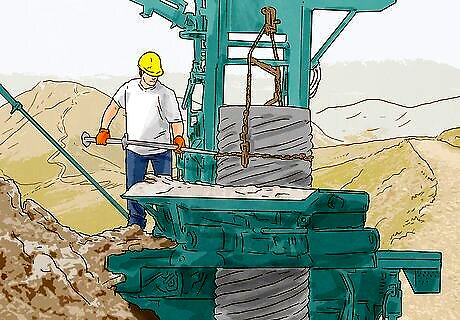
Identify all of your machinery and tools. Children might be tempted to play with machinery on your property, so you should check what machinery is out in the open. Also look for tools and/or chemicals. These can all be attractive nuisances. Large farm equipment, however, probably does not qualify as an attractive nuisance. Courts understand that it is not cost-effective to store large farm equipment inside buildings.
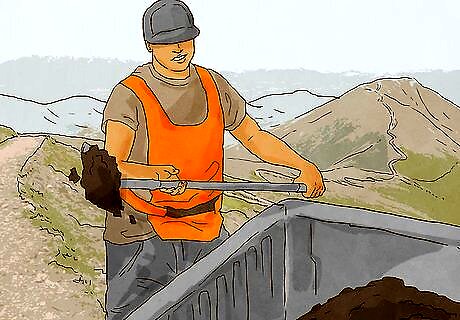
Find wells and tunnels. These are also dangerous attractive nuisances which children might be tempted to explore. Walk around your property and check whether any of these exist. You might not have created any, but a prior owner might have.

Analyze your playground. Many people have monkey bars, swings, and slides in their back yards for their children to play with. Although these may pose dangers, young children can be expected to appreciate how dangerous they are. Instead, look for the following: Trampolines. Trampolines can be inviting—but also dangerous. If you have one in your backyard, then you should treat it as an attractive nuisance. Skateboard ramps. These can also be very dangerous, so you should make sure that you identify anything on your property that could be used as a ramp.
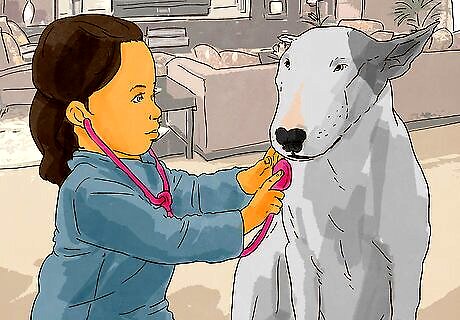
Confirm that you keep dangerous animals. Dangerous animals can also qualify as attractive nuisances. For example, you might have a particularly vicious dog, or you might keep exotic animals like apes as pets. You will need to properly restrain your dangerous animals. However, regular farm animals, such as cows, are not attractive nuisances. The courts recognize it is not realistic to expect farmers to lock up their animals at all times.
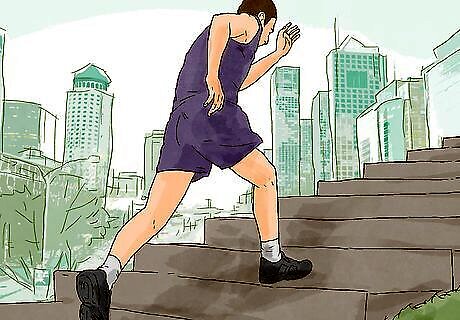
Check if your stairway is accessible to the public. Some children might be tempted to climb up stairs or go onto the roof of a building. These can be attractive nuisances as well. Walk around the buildings on your property and check whether or not a child could gain access to the buildings and whether they could climb up to the roof.
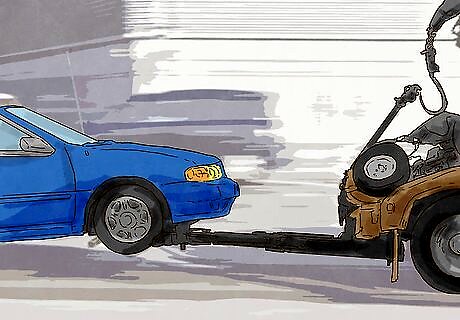
Identify abandoned cars on your property. These can also be attractive nuisances. Children might start playing with them and locking each other in the trunk. You should identify any abandoned vehicles on the property so that you can either tow them away or properly secure them.
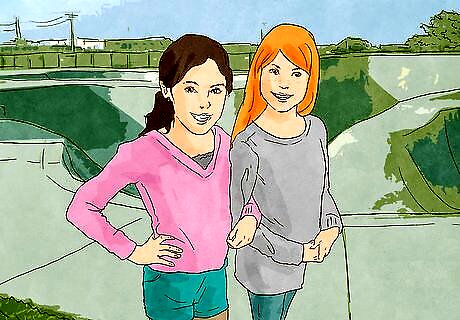
Pay attention to children coming onto your property. Almost anything can be an attractive nuisance if children are interested in it. For this reason, you should always be alert to children coming onto your property. Pay attention to what they are interested in. If you know children are interested in something, then it becomes an attractive nuisance.
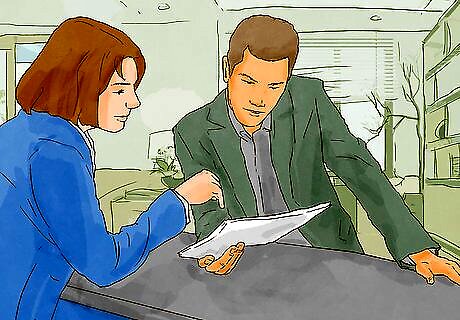
Ask your insurance agent for a list of attractive nuisances. Your insurance agent should have a list of attractive nuisances which he or she can give you. If you have homeowners insurance, then call and ask for a list. Go down through the list and check to see if you have any of the nuisances on your property.
Making Your Property Safe
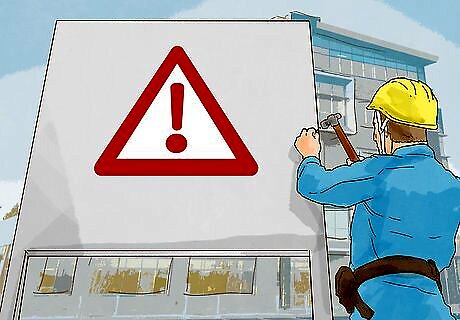
Put up signs. Signs, alone, are insufficient to protect you. However, they can certainly help you to some extent. If you have dug a deep hole in the ground, then put up a sign warning people of it. You can get signs at a local hardware store or on the Internet. Signs would be sufficient to warn an adult of a danger. However, the law doesn’t pretend that children can appreciate dangers as well as adults can. In particular, young children might not be able to read yet. For these reasons, signs don’t legally protect you completely.
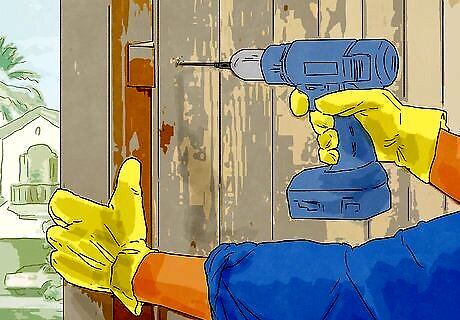
Install fences. You should try to physically prevent children from getting near attractive nuisances on your property. One thing you can do is install a fence around dangerous nuisances. For example, many insurance companies will require that you keep your swimming pool locked and gated. The purpose of the fence is to physically prevent the children from getting near the attractive nuisance. For this reason, putting a couple of saw horses around a hole in the ground will not be sufficient. Children can crawl under saw horses.
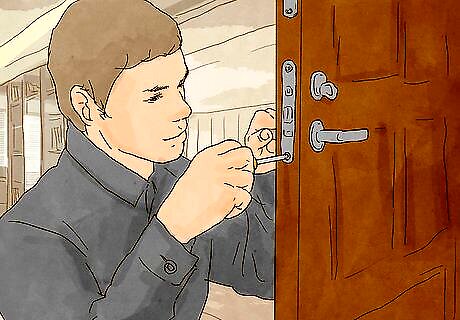
Check your fences and locks. Your backyard may already be fenced. However, you should always check it to make sure that there aren’t any holes that children could slip through. A court can hold you responsible if a child crawls through a hole and then is injured by an attractive nuisance. Also make sure that the locks work on your buildings. If you store equipment in a shed, check that the door is secure and the lock works.
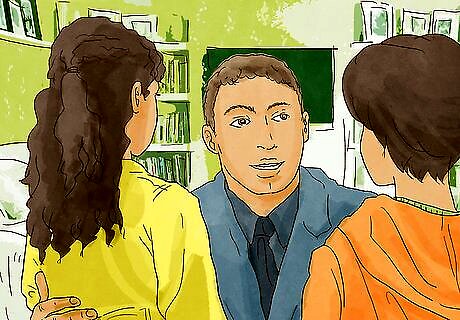
Tell children to stay away. You should watch over your property and warn away any children that come near a nuisance. For example, if a child is poking a stick through your fence at your dog, you should tell the child to stop. You can say, “Timmy, that old dog needs to sleep during the day, so why don’t you leave him alone. You’re only bothering him. If he gets upset, he might bite you.” Also speak to a child’s parents and tell them that their child is coming onto your property. Ask them to teach the child not to.

Follow your local regulations. Your city or county may have regulations for maintaining a swimming pool, for example. You should always follow your local regulations. Doing so provides a good defense in case a child comes onto your property and gets hurt. You can find the regulations by visiting your city or county office.

Store machinery in locked buildings. Unless the machinery is too large to store in a building (such as large farm equipment), you should store machinery and other dangerous items in a locked shed or garage. By preventing children from accessing them, you can prevent an attractive nuisance claim. In addition to machinery, you should also lock up any dangerous chemicals you have.
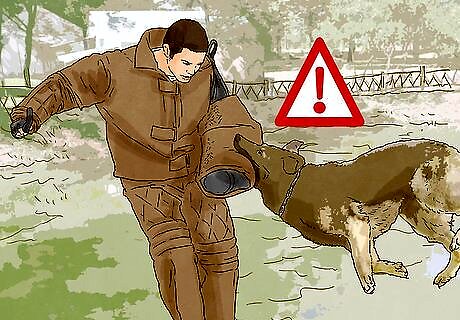
Restrain your dangerous animals. If you have a vicious dog or an exotic animal, then they certainly need to be well restrained. You should completely fence off your back yard so that no child (or adult even) can get near the animal.

Videotape the protective measures you have taken. Once you have installed fencing and locked up dangerous equipment or animals, you should walk through your property and video all of the protective measures you have taken. This type of documentary evidence can be helpful in case you are sued later on. You could also take color photographs. Nevertheless, a video is usually more helpful because you can show that a door is locked by trying to pull it open.
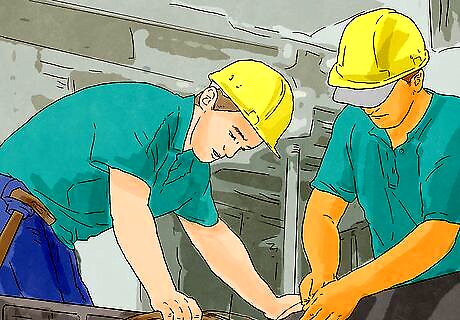
Check your property periodically. You don’t need to walk around your property every day. However, you should periodically walk around and make sure that your fences have not fallen down or holes haven’t appeared. Write down the dates that you check your property and also note that you have corrected any problems.
Purchasing Homeowners Insurance
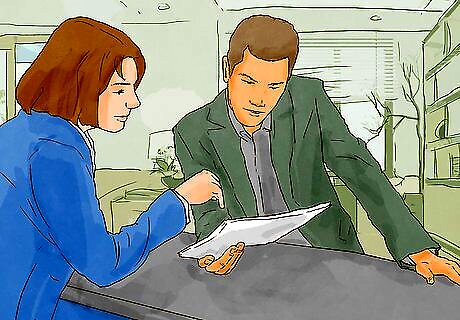
Find an insurance broker. You cannot make your property 100% safe, no matter what you do. Accordingly, you should get liability insurance for the property. You can get homeowners insurance by contacting an insurance broker in your area. Brokers can contact many different insurance companies and find the best insurance policy for you. You also might go online. Most large insurers maintain websites which will give you a quote. If you have an unusual nuisance—such as a drainage ditch, or if you own a farm—then you should probably work with a broker. You will want a policy that covers every attractive nuisance on your property.

Get quotes. You should compare quotes from many different insurers and find a policy that provides adequate protection but which is affordable. Policies should generally be the same. Also make sure that the policy actually covers your attractive nuisance. If you have a swimming pool, then make sure the policy will cover the pool. Some insurers might try to exclude common nuisances, so you always need to check.
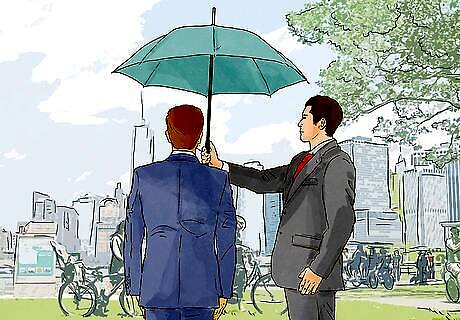
Invest in an umbrella insurance policy. This type of policy will cover the costs of defending you in a lawsuit, as well as the costs of any medical care and judgment a court might enter against you. You should ask the broker how much more the umbrella insurance policy would cost.

Make your premium payments. Be sure to pay in a timely fashion so that the policy is in effect should an accident occur on your property. If possible, you could set up automatic monthly billing so that you are sure not to miss a payment.



















Comments
0 comment